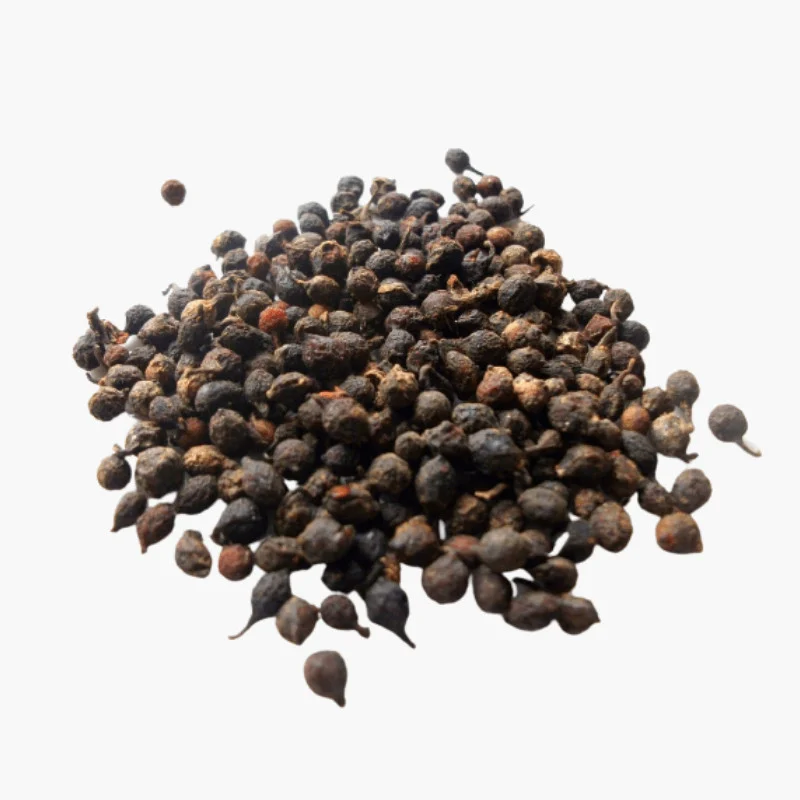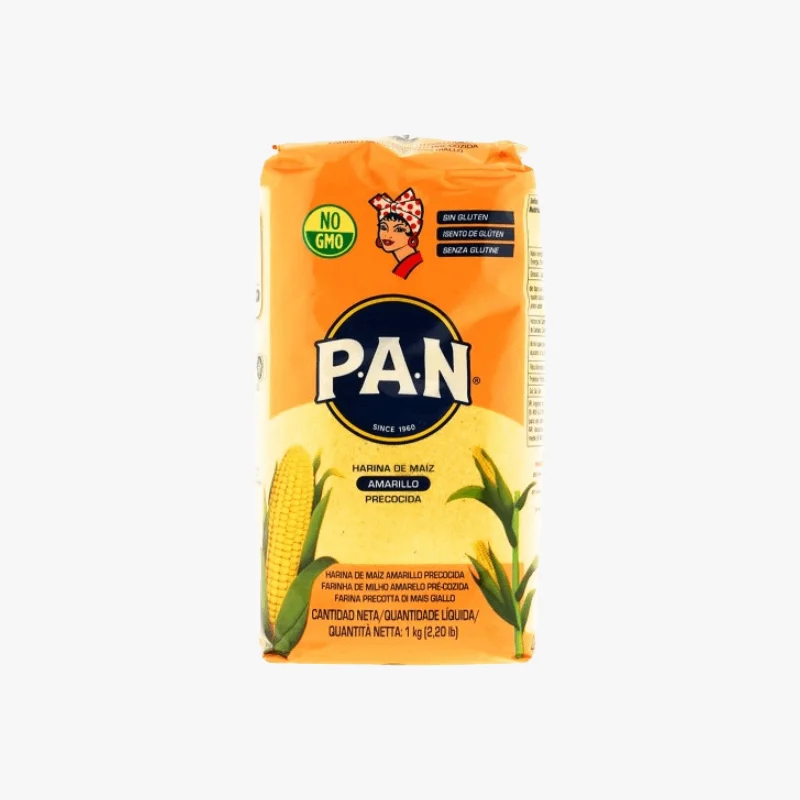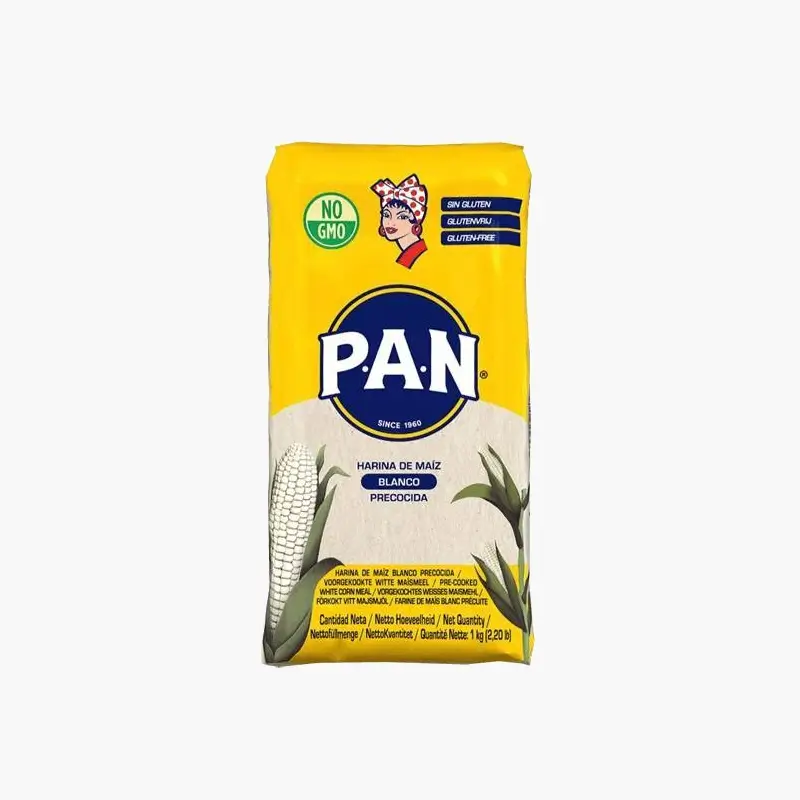Nutritional and Health Benefits of Uziza Seeds
Mineral content in Uziza seeds is noteworthy, including calcium for bone health, iron for blood oxygenation, and potassium, which helps regulate blood pressure. The seeds also boast a variety of phytochemicals, such as alkaloids and flavonoids, which have been shown to possess anti-inflammatory and antioxidant properties. These compounds play a vital role in neutralizing harmful free radicals in the body, thereby reducing the risk of chronic diseases.
In African traditional medicine, Uziza seeds have been utilized for their medicinal properties. They are often used to relieve gastrointestinal issues such as indigestion and flatulence. The seeds are also believed to have antimicrobial properties, making them effective in combating infections. Moreover, Uziza seeds are traditionally used to manage respiratory conditions like asthma and coughs, owing to their expectorant properties.
Modern scientific research supports many of these traditional uses. Studies indicate that the anti-inflammatory properties of Uziza seeds can help manage inflammatory conditions such as arthritis. Research also suggests that these seeds may aid in blood sugar regulation, making them beneficial for individuals with diabetes. The high fiber content further promotes digestive health by enhancing bowel movements and preventing constipation.
Incorporating Uziza seeds into one’s diet can thus contribute significantly to overall well-being. Whether used as a spice in culinary dishes or consumed as part of a health regimen, Uziza seeds offer a multifaceted approach to enhancing health. Their rich nutritional profile and therapeutic properties underscore their potential as a valuable dietary component.
Culinary Applications and Recipes Using Uziza Seeds
Uziza seeds, also known as Piper guineense, are renowned for their distinctive, peppery flavor, which adds depth and complexity to a variety of dishes. Traditionally, these seeds are widely used in African cuisine, particularly in soups, stews, and sauces. Their unique taste makes them an excellent addition to many classic recipes, enhancing the overall flavor profile.
One popular dish featuring Uziza seeds is Nigerian Pepper Soup. To prepare this savory soup, start by boiling your choice of meat or fish with water, onions, and seasoning cubes. Add ground Uziza seeds, along with other spices like garlic, ginger, and bay leaves. Let the mixture simmer until the meat is tender and the flavors have melded together. The result is a spicy, aromatic soup that is both comforting and invigorating.
Another traditional recipe is Afang Soup, a rich and hearty dish made with a combination of water leaves and shredded Afang leaves. Begin by cooking your protein choice with onions and seasoning. Incorporate ground Uziza seeds and crayfish into the pot, followed by the leafy greens. Simmer until everything is well-cooked and the flavors are harmoniously blended. The Uziza seeds impart a subtle heat and complexity, elevating the soup to new heights.
Incorporating Uziza seeds into everyday cooking can be straightforward and rewarding. For instance, you can grind the seeds and use them as a spice rub for meats or fish, adding a unique twist to your grilling or roasting routine. Toasting the seeds before grinding can help to maximize their flavor, bringing out their aromatic qualities.
Additionally, Uziza seeds can be creatively used in non-traditional recipes. Consider adding them to marinades for an extra layer of flavor or mix them into spice blends to sprinkle over roasted vegetables or baked goods. The peppery notes of Uziza seeds can also complement sweet dishes, such as spiced cookies or cakes, providing a delightful contrast.
Whether used in traditional recipes or innovative culinary experiments, Uziza seeds offer a versatile and flavorful addition to any kitchen. By experimenting with different preparation methods, such as toasting or grinding, you can unlock their full potential and enjoy the unique taste they bring to your dishes.









Reviews
There are no reviews yet.